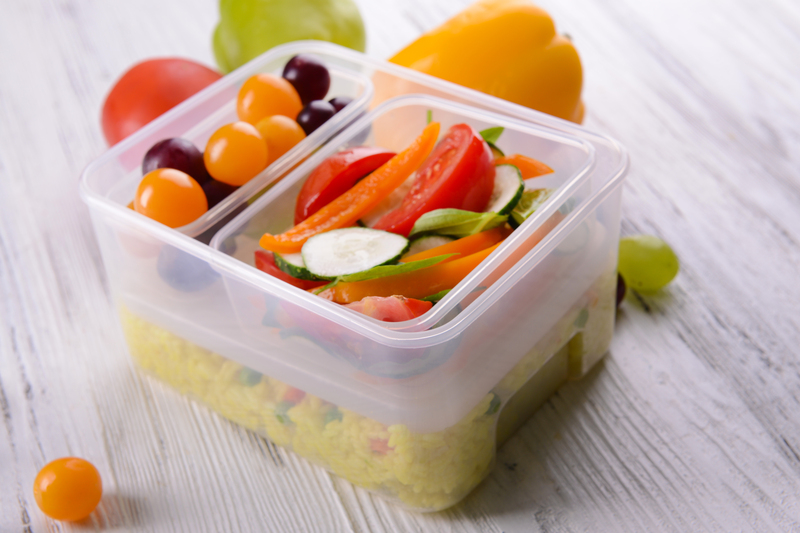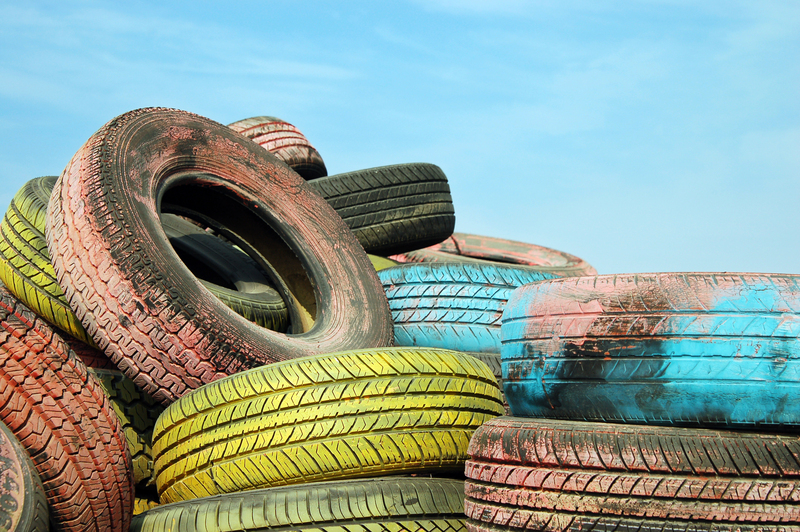Explore Essential Tips for Better Home Recycling
Recycling at home is a vital aspect of sustainable living. As environmental awareness continues to grow, more families are seeking ways to reduce their carbon footprint and make more eco-friendly choices. Do you want to improve your household recycling habits, decrease landfill waste, and contribute to a cleaner planet? You've come to the right place! In this comprehensive guide, we'll explore essential tips and actionable advice for better home recycling. Dive in, and transform your home into an eco-conscious haven--one green step at a time.
Why Home Recycling Matters
Before diving into recycling tips, it's crucial to understand why home recycling is so important. Every year, millions of tons of waste end up in landfills, causing significant harm to land, water, and air quality. By adopting effective recycling practices at home, you can:
- Reduce landfill waste
- Conserve valuable natural resources
- Lower greenhouse gas emissions
- Support a sustainable future for generations
- Promote a sense of environmental responsibility
Let's uncover the best methodical strategies for making your household recycling as productive as possible!

Setting Up an Efficient Home Recycling System
Choose the Right Bins
Establishing designated recycling bins at home is a fundamental first step. Here's how:
- Label bins: Make sure each bin is clearly labeled for its designated recyclables, such as plastic, glass, paper, and metal.
- Color-code bins: Use colored bins (e.g., blue for recycling) to simplify identification for every household member, especially children.
- Place bins strategically: Position bins in key areas--kitchen, office, bathroom, garage--where most waste is generated.
Know What Goes Where
Contamination is a major challenge facing recycling programs. Make sure your recycling efforts don't go to waste by sorting recyclables correctly:
- Papers and Cardboards: Newspapers, magazines, office paper, paperboard boxes. Keep dry and clean!
- Plastics: Rinse plastic bottles, containers, jugs--check the recycling number on the bottom (typically #1 and #2 are widely accepted).
- Glass: Most clear, brown, and green glass bottles/jars are recyclable. Remove lids and rinse.
- Metals: Aluminum cans, steel/tin cans, and clean foil.
Do not include food-contaminated containers, greasy pizza boxes, plastic bags, or ceramics in your household recycling
Best Practices for Home Recycling
1. Clean and Dry Recyclables
Rinse all containers to remove food residue. Wet or soiled materials can contaminate entire batches of recyclables. Let containers dry before tossing them into the bin for optimal results.
2. Flatten and Break Down Items
Cardboard boxes and milk cartons should be flattened. This saves space in your recycling bin and makes pickup easier.
3. Remove Caps and Lids
Most municipal programs require you to separate plastic caps and metal lids before recycling. Check your local rules as guidelines may vary.
4. Avoid Wishcycling
Don't recycle items just hoping they're recyclable--this is called wishcycling and can ruin entire recycling loads. When in doubt, check your municipality's guidelines.
5. Manage E-Waste Responsibly
Old electronics and batteries should never be thrown in household recycling bins. Find certified e-waste collection sites to dispose of these items safely.
6. Compost Organics
Reduce the burden on your bin--compost food scraps and yard waste at home. Composting not only cuts down landfill waste but also helps your garden flourish.
Innovative Tips for Better Home Recycling
Stay Updated with Local Recycling Rules
Guidelines for recycling vary widely between regions. Stay informed through local government websites, newsletters, or your waste collector's resources for changes in accepted materials.
Recycle Beyond the Curb
Many household items aren't accepted in curbside collections, including plastic bags, clothing, and lightbulbs. Participate in take-back or drop-off programs at local stores or recycling centers.
Go Paperless
- Opt for digital bills and notices to reduce paper waste.
- Unsubscribe from junk mail.
- Read newspapers and magazines online where possible.
Repurpose and Reuse First
Before tossing anything into your recycling bin, consider whether it can be reused at home:
- Jars and containers make great storage units.
- Old t-shirts can be turned into cleaning rags.
- Glass bottles can be used for home decor or crafts.
Common Home Recycling Mistakes to Avoid
Putting Non-Recyclables in the Bin
Certain items should never go in your recycling bin, such as:
- Plastic bags (return to grocery outlets instead)
- Styrofoam containers
- Pizza boxes with grease stains
- Clothing and textiles
- Used paper towels or napkins
- Hazardous materials (e.g., paint cans, chemicals)
Ignoring "Chasing Arrows"
Many believe that any product with a recycling symbol (the "chasing arrows") is recyclable. Not true! Learn which resin codes your city accepts and always double-check before recycling.
Forgetting to Empty and Clean Containers
Unrinsed or partially full items can seep onto paper and cardboard, spoiling an entire batch. Always empty and clean all recyclable containers.
Packing and Reducing Waste at Home
Buy in Bulk
Purchasing in bulk reduces excess packaging and minimizes trips to the store, producing fewer items needing recycling or disposal.
Use Reusable Products
- Switch to cloth shopping bags instead of single-use plastic.
- Use refillable water bottles and coffee mugs.
- Choose reusable food storage options over disposable wraps or bags.
Opt for Recyclable Packaging
When shopping, look for goods in recyclable packaging. Avoid mixed-materials packaging (like paper-plastic pouches) unless you know how to dispose of them properly.
Educate and Involve the Entire Family
Make Recycling an Easy Habit
- Guide children with a visual sorting chart next to recycling bins.
- Assign recycling as a rotating household chore.
- Host fun recycling projects such as building crafts or garden projects from collected items.
Discuss Environmental Impact
Help every family member appreciate the positive effects of home recycling--less pollution, more wildlife habitat, and better air and water quality.
Technology & Apps for Enhanced Home Recycling
Thanks to technology, staying on top of household recycling guidelines is easier than ever:
- Download local recycling apps for up-to-date sorting instructions.
- Use barcode scanners to check if a product is recyclable in your area.
- Set reminders for collection days and community drop-off events.

Frequently Asked Questions: Better Home Recycling
How can I recycle safely at home?
Start by cleaning and sorting recyclables, keep bags and hazardous waste out of the bin, and follow your local recycling guidelines closely. Educate your family, and compost food scraps when possible.
What should I do with items that cannot be recycled?
- Re-use or repurpose them where possible.
- Don't dispose of e-waste in household trash; take it to a certified center.
- Donate clothing, furniture, and other items to local charities.
Can I recycle plastic bags and film?
Most curbside programs do not accept plastic bags or film packaging. Take them to designated drop-off points, usually at grocery or retail stores.
Conclusion: Start Better Recycling At Home Today
Adopting more effective home recycling practices not only benefits your household but also plays a key role in global environmental preservation. Start small with the essential tips outlined above, involve your family, and keep learning about sustainable living. The more thoughtful your recycling routine, the greater your impact!
- Label, rinse, and sort all recyclables
- Reduce and reuse before recycling
- Compost organics when possible
- Stay informed about new recycling programs and technologies
Ready to enhance your home recycling system? Try out these vital tips for better home recycling today and become part of a growing community of eco-champions. Every small action adds up to a cleaner, greener future!